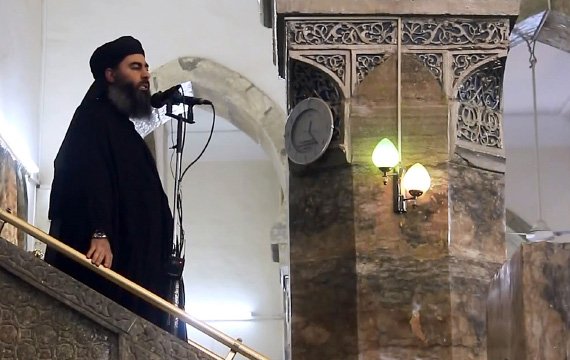
What can political science contribute to resolving questions such as “how Islamic is the Islamic State?” or “how legitimate is Baghdadi’s claim to the Caliphate?”
In the summer of 2014, Abu Bakr al-Baghdadi declared himself the Caliph—the ruler of the Islamic State and leader of all Muslims. According to Marc Lynch, professor of political science and international affairs at George Washington University, many pundits, analysts, and politicians took this extraordinary claim by the little-known leader of an extremist violent insurgency at close to face value.
In April 2015, the Project on Middle East Political Science (POMEPS), a Carnegie Corporation grantee, and the Transatlantic Academy convened an interdisciplinary group of scholars, including academics from Middle East studies, political science, history, and religious studies, to discuss how to think about the role of Islam in political order. The essays prepared for the workshop have since been published as Islam and International Order, a special issue in the POMEPS Studies series.
Lynch says the diversity of points of view in this publication highlights that there is no single political science perspective on the Islamic-ness of the Islamic State or Baghdadi’s Caliphate. After surveying the literature on the topic, he came up with at least nine different types of argument — from personal qualities to scholarly consensus — that “often rest on very different assumptions, require very different types of evidence and could lead to very different analytical conclusions and policy responses.” While this catalog of the types of arguments about the Islamic State does not indicate which is right, it can help devise more effective tests of the various propositions running through the public debate. Read the full Monkey Cage article here.
- Press Releases


